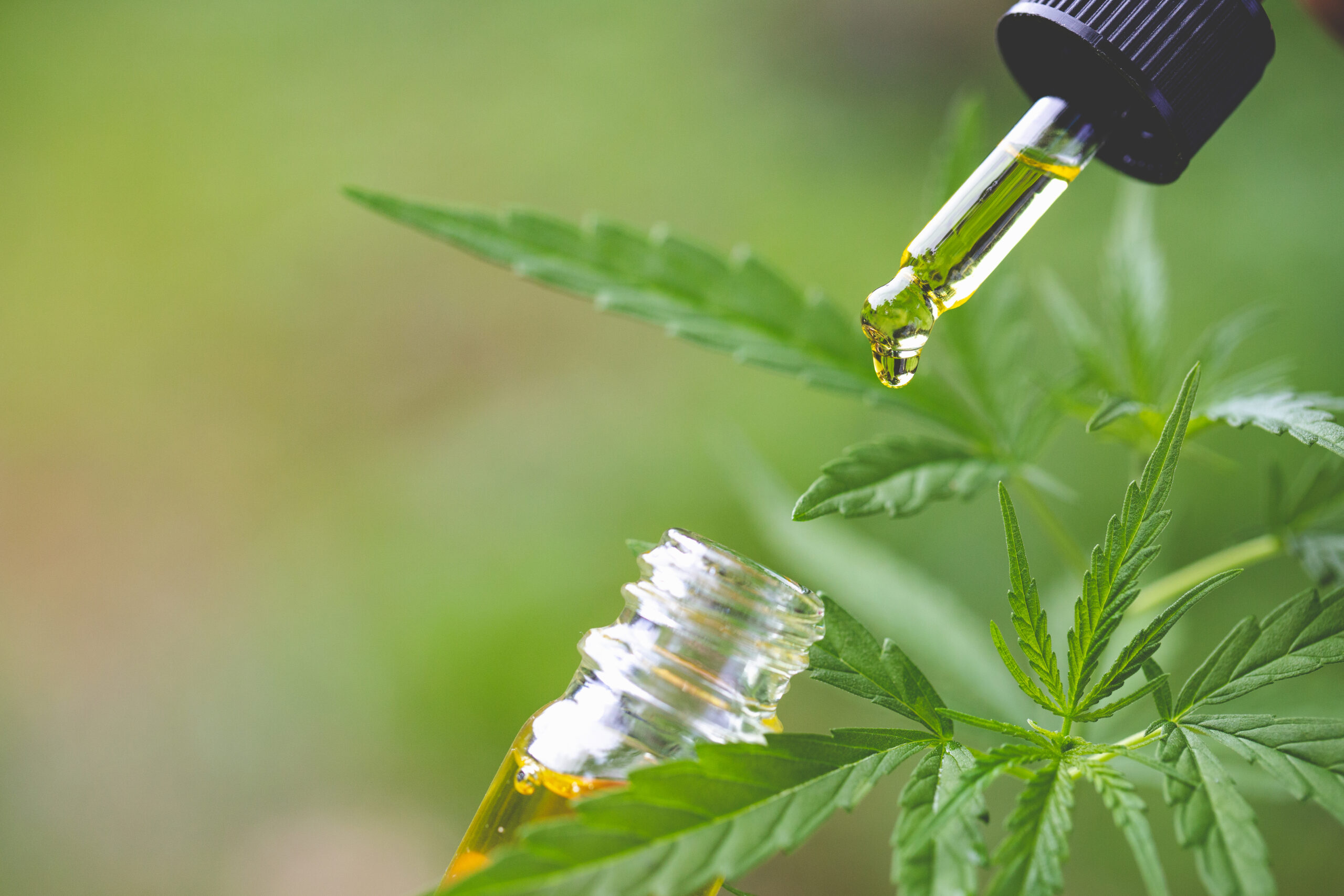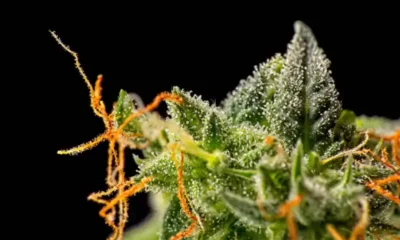Connect with us
Published
1 year agoon

Florida lawmakers are moving forward with their own duo of hemp bills, amidst calls throughout the nation to better regulate hemp and hemp-derived cannabinoid products.
On Tuesday, the Florida House approved SB 1676, the Senate companion of HB 1475, Florida Politics reports. The bill would set an age limit of 21 for hemp products containing THC but does not impose THC caps, which were included in the bill’s initial version. After passing the state Senate late last month, the bill will now head to Gov. Ron DeSantis’ (R) desk.
The bill was sponsored by Rep. Will Robinson (R) and passed unanimously in the House.
“This is my second bill on grass, but it’s on hemp,” Robinson joked when introducing the bill to the House.
The 2018 Farm Bill ushered in a period of immense growth and change for the hemp industry, specifically authorizing the production of hemp and hemp products. While many hemp products place emphasis on non-psychoactive cannabinoids, many also contain psychoactive cannabinoids like delta-8 THC and have the ability to get users high. So long as THC by dry weight is 0.3% or less, this is still considered legal under the current law, though lawmakers have steadily turned their attention to more stringent regulation and oversight throughout the years.
The bill primarily deals with food and food safety, leaving creams, lotions, shampoos and other “non-ingestible hemp products” out of the conversation. The legislation originally enforced a THC limit of 0.5 mg per dose, or 2 mg per container, which was met with backlash from the hemp industry.
Specifically, opponents argued that the limit was seemingly arbitrary, that it would impact people who use hemp-derived products for medical purposes and that it would place burdens on producers and marketers which would ultimately make commercial hemp cost-prohibitive.
The bill maintains a ban on cannabis product packaging that is “attractive to children” and includes testing protocols for hemp-derived edible products.
Robinson specifically highlighted the aim of keeping Florida children safe and away from cannabis when speaking to fellow legislators, saying, “Members, this is a great bill; it really protects our children. It gets us part of the way there,” said Robinson. “Do I think we need more work in this space? I absolutely do, but I think it gets us in a really good place. It’s a very fine line between regulation and overregulation, and I think this bill hits the right sweet spot and I ask for your support.”
While the initial iteration of the bill had some rough edges, hemp industry stakeholders have since come around to backing the bill in its current and final form, alongside the Florida Department of Agriculture and Consumer Services.
Rep. Hillary Cassel (D) was the prime co-sponsor of the revision process for the bill and told Florida Politics, “This truly has been a labor of love. This is one of those bills where the committee process really worked.”
The Florida hemp industry employs more than 100,000 people and generates $3.5 billion in wages, according to a Whitney Economics report. Additionally, a recent survey of hemp industry operators showed that 67% of respondents believed the restrictions included in the original House bill would have forced them out of business.
Florida follows the footsteps of other states in introducing more hemp regulations.
Most recently, Tennessee’s General Assembly passed a bill to regulate the production, distribution and sale of hemp-derived cannabinoid products. The bill establishes a “privilege tax” for hemp products, a licensure requirement for manufacturers and sellers, mandates testing requirements for products, creates child-resistant “effectiveness standards,” and introduces new offenses to selling to or assisting someone under 21 with purchasing hemp-derived cannabinoid products.
The Tennessee bill awaits a final signature from Governor Bill Lee (R).


Despite City Efforts, Hemp Shops Posing as Dispensaries Prevail in Las Vegas


Cannabis Community, Investors React to DEA Decision To Reschedule


Georgia Governor Signs Bill Establishing Licensing Requirements To Grow Hemp


Study: Psilocybin Enhances Meditation


Ohio GOP Lawmakers Debate Adult-Use MJ Priorities, Eye June for Regulation Approval


Taylor Swift Puts Narcotics Into All of Her Songs on ‘The Tortured Poets Department’
